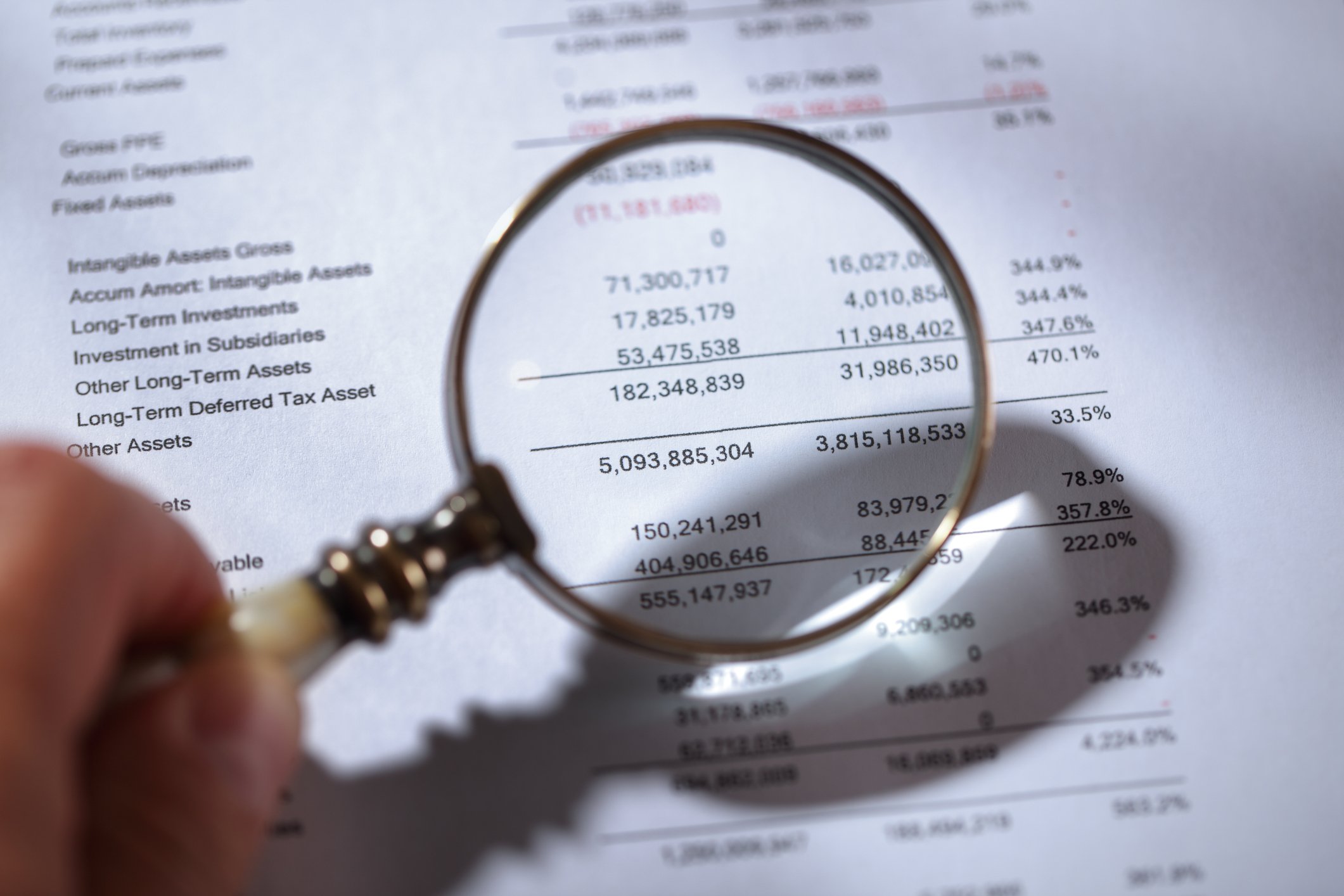
Image source: Getty Images.
Embattled drugmaker Valeant Pharmaceuticals (VRX 0.67%) and its management team have had so many miscues since the summer of 2015 that Wall Street and investors have probably lost count.
Valeant's laundry list of troubles
For starters, in February, Valeant announced that it would be forced to restate its fiscal 2014 and 2015 earnings, delaying its annual report for 2015, after it uncovered $58 million in improperly recognized revenue from its now-former online drug-distributor, Philidor Rx Services.
Shortly thereafter, Valeant wound up having to make a deal with its lenders that involved easing its EBITDA-to-interest cost coverage ratio in order to avoid a debt covenant default. In return, Valeant agreed to certain fees and an interest rate hike. In fact, Valeant has had to renegotiate its debt twice this year alone.
Valeant has also been dealing with the fallout of its aggressive pricing practices. Valeant took the spotlight after lawmakers on Capitol Hill began investigating egregious price hikes for mature drugs. In February 2015, Valeant acquired cardiovascular drugs Nitropress and Isuprel and immediately raised their prices by 525% and 212%, respectively, without altering the formulation or manufacturing process of either one. While being deposed in front of a Senate committee, now-former CEO J. Michael Pearson admitted that Valeant's pricing strategy on these drugs was a "mistake."

Image source: Getty Images.
Valeant's management also, for years, threw caution to the winds when it came to M&A. With interest rates hovering near historic lows for eight years now, and access to capital readily abundant, Valeant regularly used debt as a means to acquire new drugs and businesses. Lenders were more than willing to offer their capital to Valeant, as its deals were immediately accretive to earnings and EBITDA. However, when Valeant's pricing practices came under close scrutiny, its M&A machine ground to a halt. Now, with more than $30 billion in debt, Valeant is being forced to sell assets in order to remove the financial weights around its ankles.
The list goes on, but these are some of the more blatant miscues by Valeant's management team.
This could be the most "Valeant" move yet
But the company could be on the verge of doing perhaps the most quintessentially "Valeant" thing yet.
A few days ago, The Wall Street Journal reported that, according to people familiar with the matter, Valeant is in discussions to potentially sell Salix Pharmaceuticals for about $10 billion to Japan's Takeda Pharmaceutical (NASDAQOTH: TKPYY) and another unnamed bidder. The report suggests that a deal, should it come to fruition, could be reached in the coming weeks. It would allegedly involve an $8.5 billion up-front cash payment, with the remainder of the value consisting of future royalty payments.

Image source: Getty Images.
This is meaningful because Valeant stated that it was looking to jettison its non-core assets following the release of its second-quarter results in order to raise cash and pay down its debt. Valeant believed its non-core assets, which generate about 20% of its annual sales, could be sold for 11 times EBITDA, or about $8 billion. If it were able to sell Salix and net $8.5 billion in upfront cash, then Valeant would have effectively met its divestment target all at once.
Yet selling Salix would represent a big departure from Valeant's strategy of divesting non-core assets. New CEO Joseph Papa has previously stated that Valeant's core assets -- Bausch & Lomb and Salix -- could be on the table for the right price. Apparently the "right price" might be $10 billion for Salix. The irony here is that Valeant bought Salix in April 2015 for just shy of $11 billion. In a year and a half, it would have managed to wipe out $1 billion in perceived value. Cue the groaning shareholders.
But that's not the worst of it.
Selling Salix wouldn't improve Valeant's most important metric
In addition to losing money on its purchase, Valeant could cripple its growth prospects by selling Salix, and it might not improve its EBITDA-to-interest cost coverage ratio one iota.
Salix and its stomach drug franchise are largely responsible for Valeant's EBITDA growth. Lead drug Xifaxan, which is used to treat irritable bowel syndrome, accounted for $200 million in sales during the second quarter, or about 8% of total sales, according to data from Bloomberg. The next-closest contributing pharmaceutical product was Wellbutrin, which came off patent years ago, at $83 million. In fact, the only reason Wellbutrin sales are even as high as they are now is because Valeant has increased the price on the drug 11 times over the past two years. Doing that again is unlikely to compensate for declining sales volumes.

Image source: Getty Images.
A number of Valeant's remaining products are also in flux. Isuprel and Nitropress accounted for $40 million and $34 million, respectively, in Q2, but the company has promised gross-to-net discounts on these drugs in the wake of its previous pricing "mistakes." Jublia, which treats a type of toe fungus, saw sales fall 69% to $31 million. Meanwhile, sales of Uceris tablets grew by 52%, but they'd also be part of the Salix deal, should one occur.
Selling Salix would effectively mean getting rid of nearly all of Valeant's pharmaceutical growth avenues and force the company to return to its ways of hiking prices on older medicines in order to grow its top and bottom lines.
Further, Salix was generating about $465 million in annual EBITDA when Valeant acquired it. Presumably, it's generating much more now, given the growth of Uceris and Xifaxan since 2014, meaning the reduction in EBITDA from losing Salix would likely keep Valeant's EBITDA-to-interest cost coverage ratio below three (a level considered worrisome by most lenders, given Valeant's high debt).
Valeant's potential sale of Salix indicates that either there's little interest in its non-core assets or, as I've previously opined, it's selling from a position of weakness and has little leverage. Valeant's peers fully understand it's in trouble, and they know they'd be foolish to get into a bidding war, or pay a premium price, for any of Valeant's assets.
It would seem that no matter which path Valeant chooses, shareholders are poised to lose.






